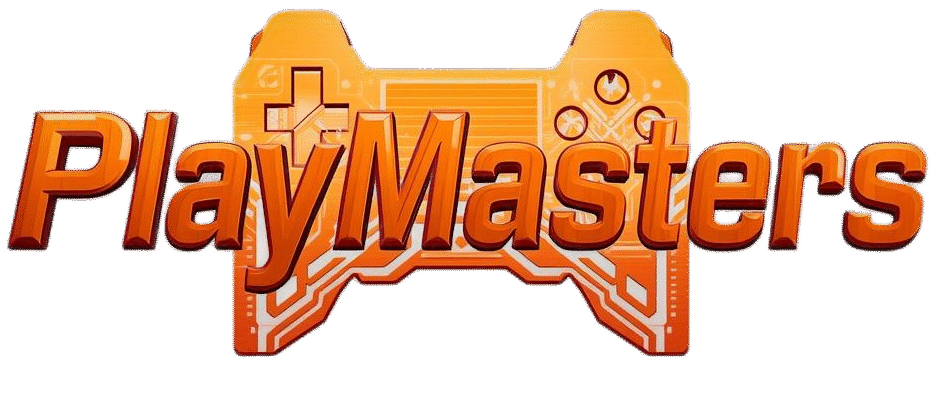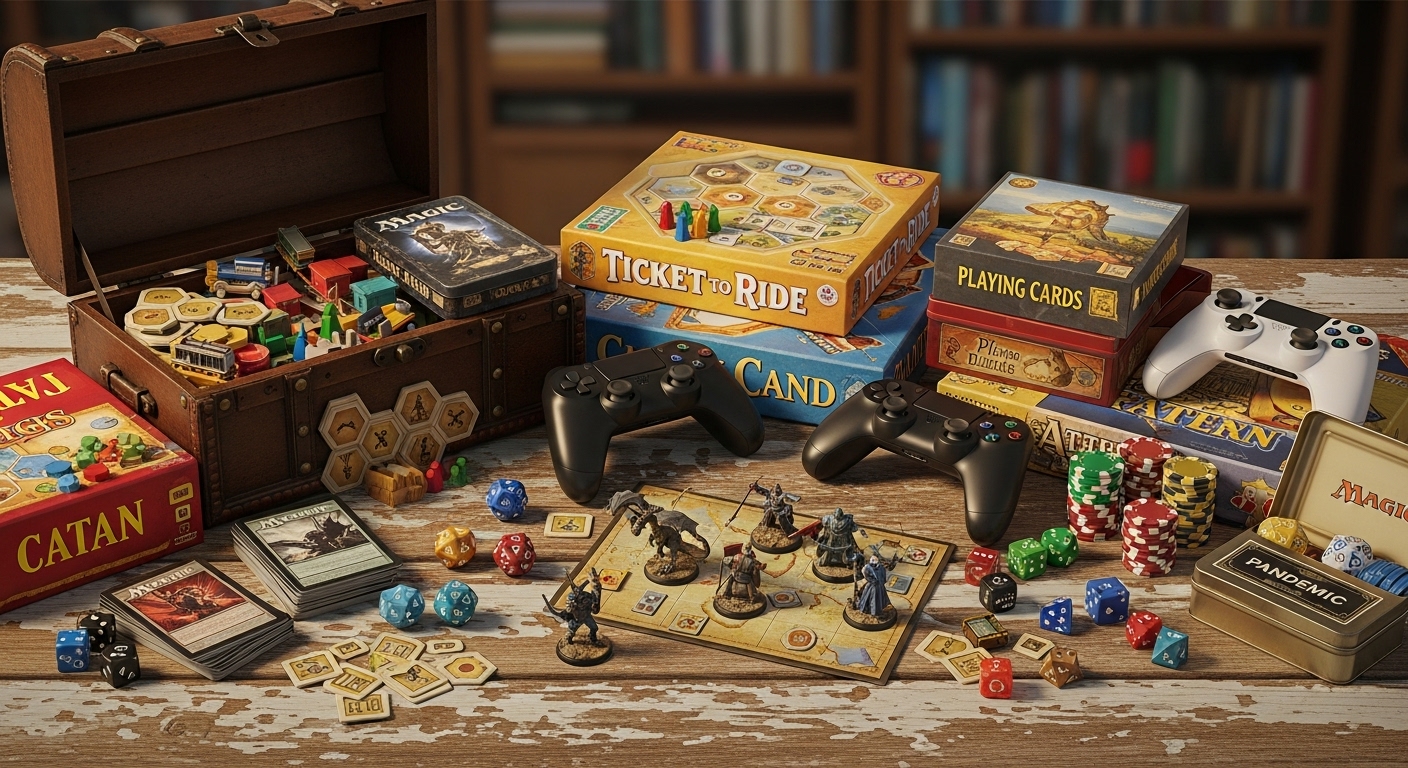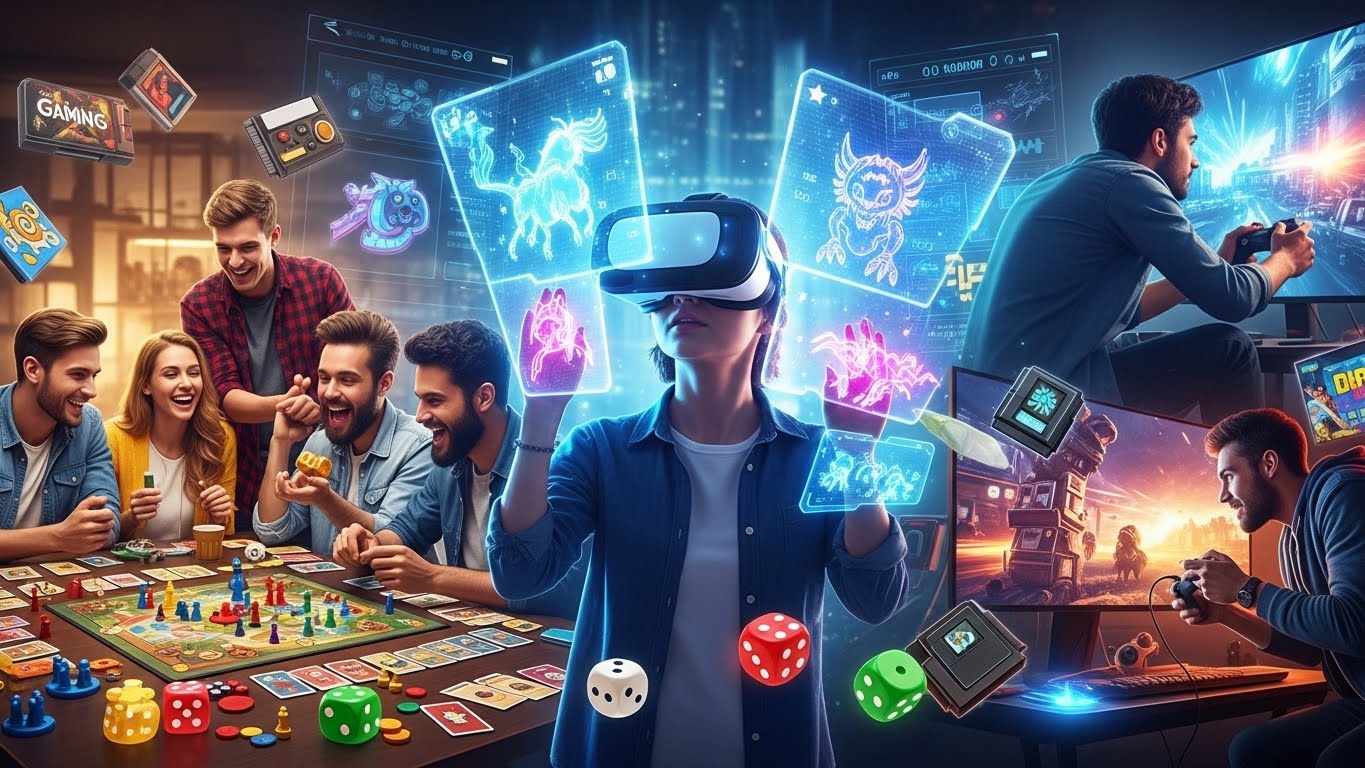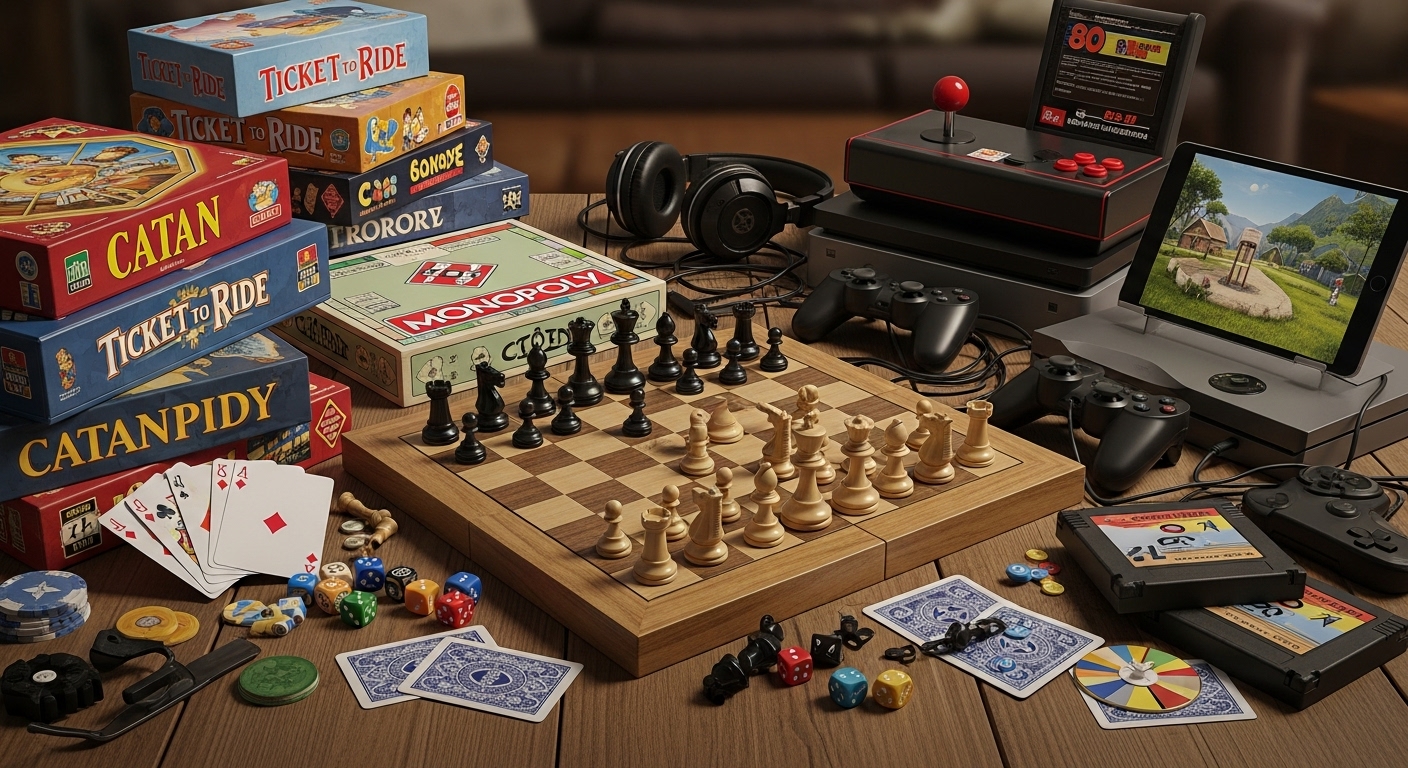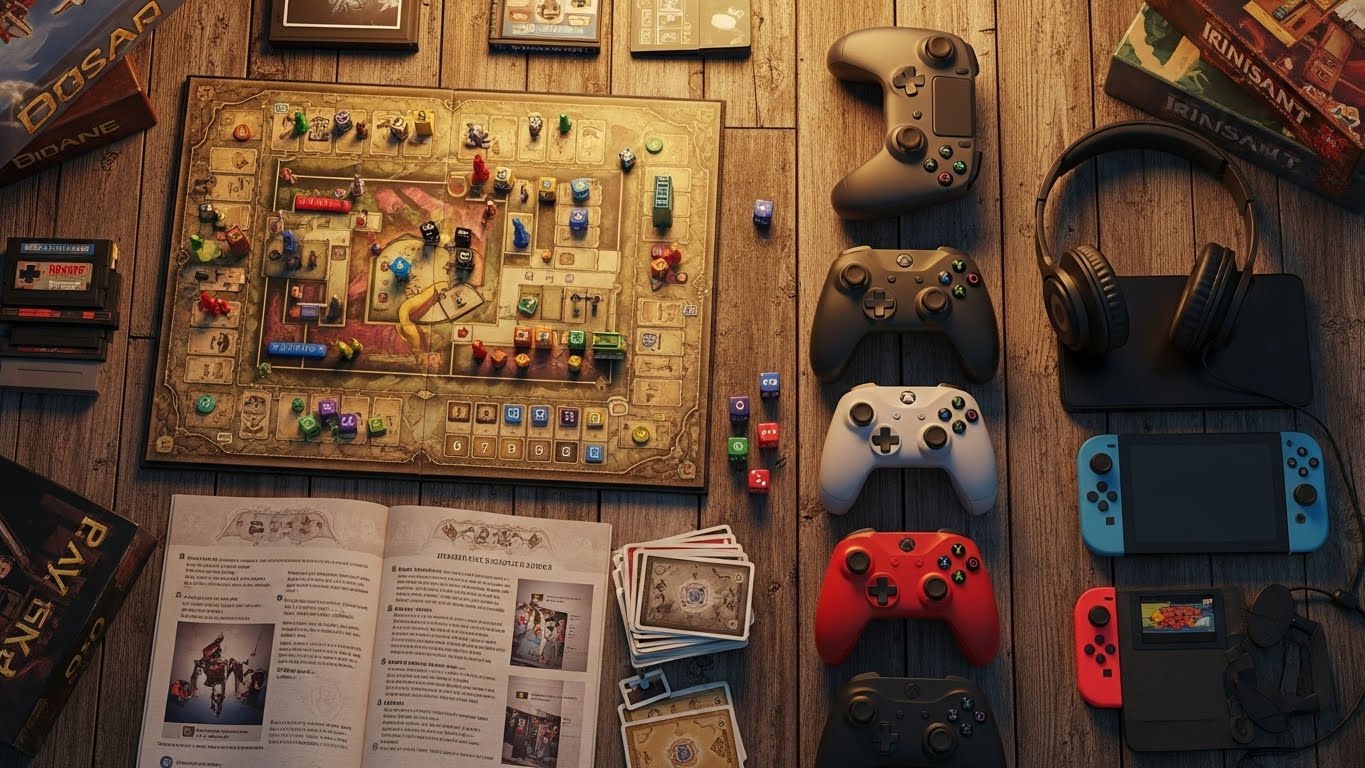Introduction
Games have always been a part of human history, evolving alongside society and technology. From ancient board games to high-tech virtual adventures, games offer entertainment, education, and emotional connection. In today’s fast-changing world, games are not just a pastime but a creative outlet that shapes minds, builds communities, and fuels imagination.
The Evolution of Games
Games have transformed dramatically over time. Early civilizations played physical and strategy-based games to test skills and intelligence. As technology advanced, video games emerged, introducing new levels of creativity and storytelling. Modern games now include realistic graphics, immersive sound, and interactive gameplay that blur the line between reality and imagination. This evolution shows how games continuously adapt to human interests and innovation.
Games as a Source of Entertainment
At their core, games exist to entertain and engage. Whether it’s a simple puzzle on a mobile device or an intense match in a virtual arena, games provide excitement and satisfaction. They offer players a chance to explore new worlds, face challenges, and experience stories in an interactive way. The joy of winning, the thrill of competition, and the sense of discovery make gaming one of the most popular forms of entertainment today.
The Social Impact of Games
Games have become a powerful tool for social interaction. Multiplayer and online games connect people from all over the world, allowing them to cooperate, compete, and build friendships. Local gaming events, tournaments, and even casual game nights strengthen social bonds and teamwork. Far from being a solitary activity, gaming now encourages collaboration and communication across cultures and generations.
Educational and Cognitive Benefits
Games are not just about fun—they also enhance learning and skill development. Strategy and problem-solving games train the brain to think critically and make quick decisions. Educational games help children grasp concepts more effectively, turning learning into an enjoyable experience. Even adults benefit from gaming, as it sharpens focus, improves memory, and promotes creative thinking.
The Rise of the Gaming Industry
The gaming industry has grown into one of the largest entertainment sectors in the world. Developers, designers, artists, and storytellers work together to create experiences that blend technology with creativity. Gaming has also opened new career opportunities in design, animation, marketing, and esports. The success of this industry highlights how games have become a driving force of modern innovation and digital culture.
Balancing Play and Responsibility
While gaming offers numerous benefits, maintaining a healthy balance is important. Excessive gaming can lead to reduced productivity and social isolation. Setting limits, playing responsibly, and prioritizing real-life activities ensure that games remain a positive influence. Responsible gaming helps players enjoy the best aspects of play without compromising their well-being.
Conclusion
Games are much more than simple forms of entertainment—they are creative expressions of human potential. They inspire imagination, develop skills, and connect people across the world. As technology continues to evolve, the world of gaming will only grow more diverse, interactive, and meaningful. The power of play reminds us that games are not just about winning or losing, but about learning, connecting, and discovering the joy of participation.
